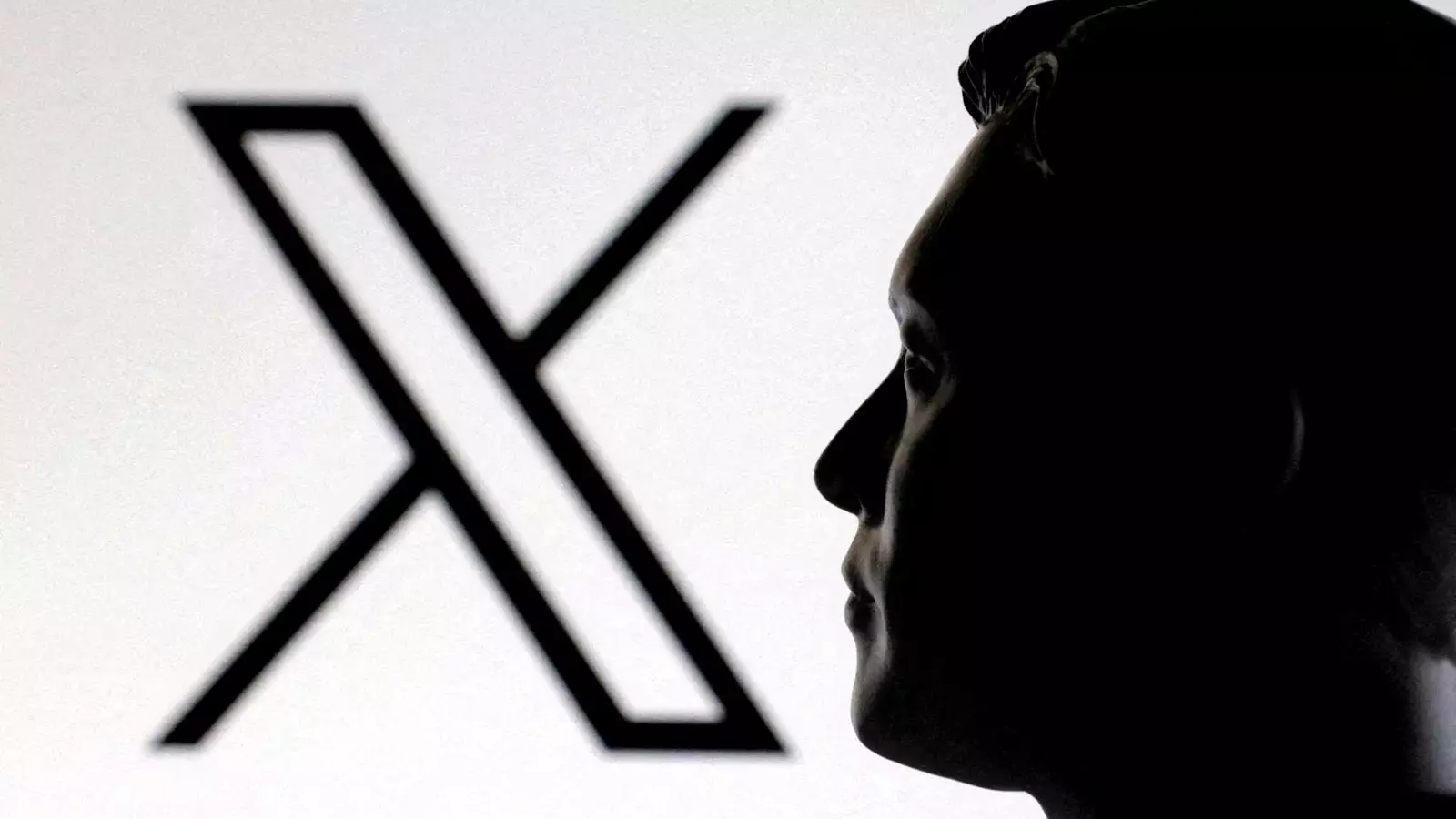In an era where digital landscapes are essential to everyday life, lawmakers have increasingly turned to regulation as a tool to protect vulnerable populations—especially children. The Online Safety Act, lauded by many as a safeguard for minors, is unraveling into a double-edged sword that threatens broader free speech rights and individual liberties. While its goals might be noble—shielding youth from harmful content—the way these laws have been implemented reveals dangerous overreach that stifles legal expression under the guise of safety.
This legislation demands that platforms enforce strict age verification practices, often requiring users to submit sensitive personal data. While ostensibly designed to prevent minors from accessing inappropriate material, it creates an environment where mere access to certain content becomes riddled with invasive surveillance measures. The critical issue lies not in the intent but in the execution: a heavy-handed approach that risks conflating illegal and legal content, thereby limiting lawful discourse and expression.
The premise that these regulations bolster safety inadvertently sidelines the importance of maintaining an open and free internet. When firms like X, Facebook, YouTube, and TikTok voice concerns about over-censorship, they aren’t opposing safety measures—they’re warning about the erosion of core democratic freedoms. Censorship in service of safety without nuanced moderation becomes censorship in service of political or corporate interests, diluting the foundation of free expression that the internet was built upon.
The Erosion of Civil Liberties in the Name of Safety
The rhetoric surrounding online safety often claims that restrictions are necessary evils to prevent harm. However, history shows us repeated instances where overregulation becomes a weapon against civil liberties. The Online Safety Act exemplifies this danger: it broadens the scope of what content can be censored under the pretext of protecting children, but in doing so, it risks silencing legitimate speech, dissent, and controversial yet lawful perspectives.
Critics rightfully warn that the law is privileging safety to the extent that it sacrifices transparency, accountability, and the fundamental right to free expression. Platforms are being forced into compliance under time constraints that seem designed more to trap than to protect. This rushed timeline breeds a climate of self-censorship, where the fear of penalties discourages open dialogue and honest discourse. Such an environment benefits neither society nor democracy—only those seeking unchecked control and suppression of opposing views.
Furthermore, user privacy is under direct assault. Mandatory age checks that compel data uploads pose significant risks to individual privacy rights. The outcry from citizens who are uncomfortable with these invasive checks highlights a pressing need to reconsider whether these measures really serve the public good or simply expand corporate and government surveillance powers. The fact that hundreds of thousands have petitioned for repealing the law underscores a growing resistance to sacrificing personal freedoms on the altar of supposedly protected safety.
The Political and Social Ramifications
Politicians and regulators tend to frame these laws as unequivocally beneficial, dismissing the voices of critics as misguided or even malicious. This dismissiveness suppresses honest debate and fosters a climate where government authority is increasingly wielded without sufficient checks. Nigel Farage’s critical stance, equating the regulations to “state suppression of free speech,” echoes a broader concern—governments are inching toward authoritarianism under the guise of safeguarding society.
Meanwhile, enforcement actions by agencies like Ofcom reveal a troubling pattern: regulatory bodies are prioritizing compliance over clarity and fairness. Investigations into large adult content providers and other platforms suggest a crackdown that is heavy-handed and potentially arbitrary. Are these actions truly aimed at protecting minors, or are they part of a broader effort to control digital spaces and silence inconvenient voices? This ambiguity fuels skepticism and distrust among the populace.
The overarching problem is that these regulations threaten to create a bifurcated internet—a place where lawful, controversial, and dissenting voices are systematically marginalized or erased. Moving forward, the real victims are society’s core values of free speech and open debate. Nurturing a digital environment where safety measures automatically translate into censorship erodes the very freedoms needed to sustain a healthy democracy. While protecting children remains critical, it cannot come at the expense of the fundamental rights that define an open, liberal society.


Leave a Reply